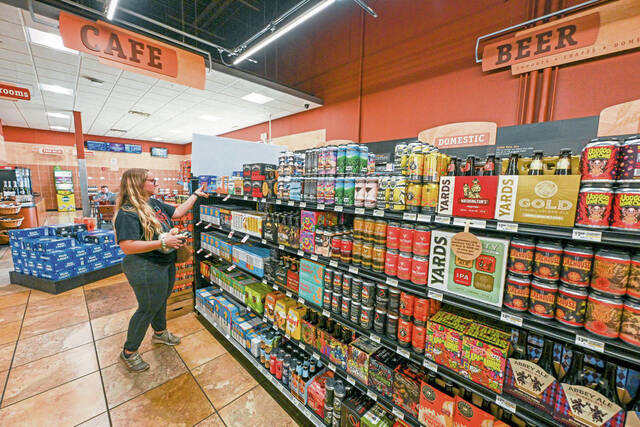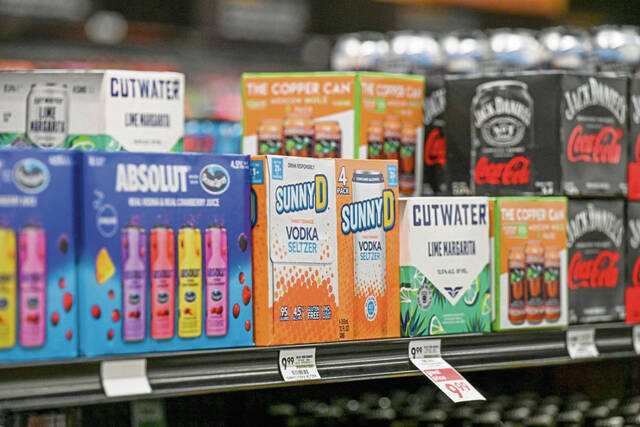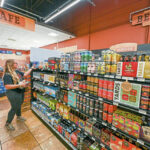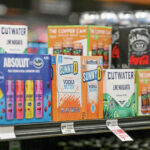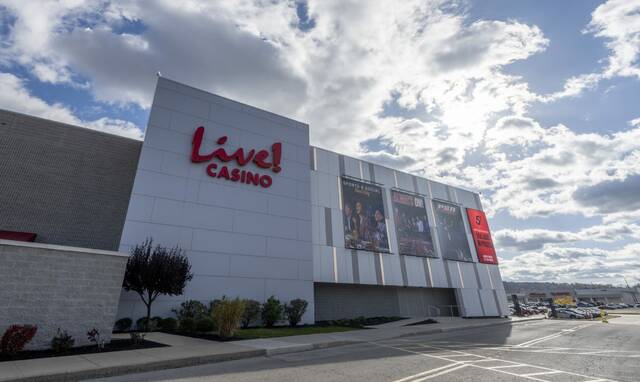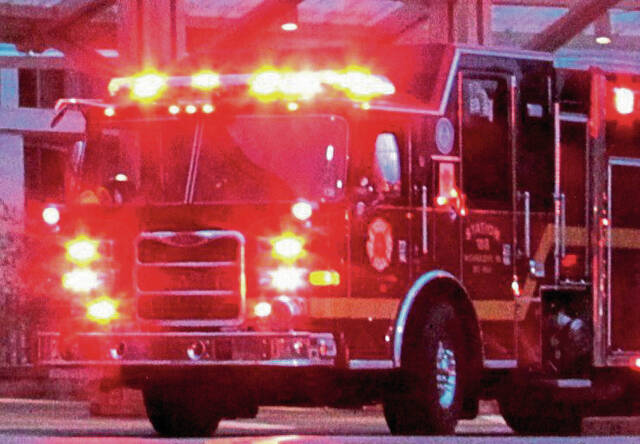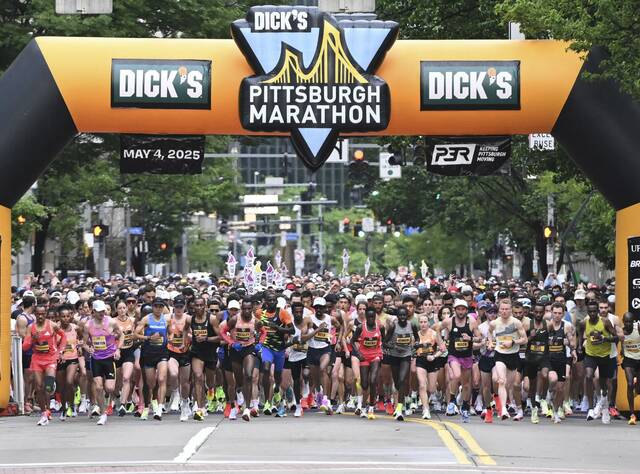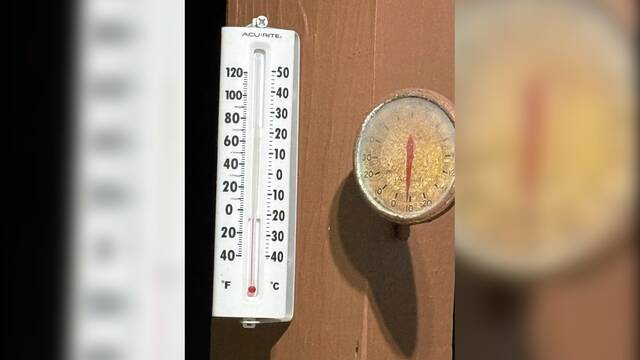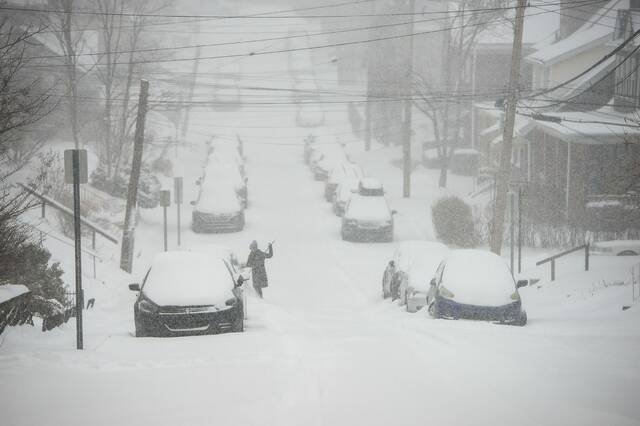With two containers of sushi tucked under her arm, Mia DiCristofaro turned a corner at the Giant Eagle in Irwin and, to her surprise, found her favorite canned mixed drink on the shelf: vodka and cranberry juice.
That meant the Madison resident could save herself a trip to the state liquor store.
“I don’t like going there,” she said about state-owned Fine Wine & Good Spirits stores. “I’m definitely happy about this.”
A new law allows grocery stores, gas stations and similar businesses to sell “ready-to-drink” cocktails, referring to canned products mixed with spirits. Restrictions apply, like a 12.5% alcohol content limit and ban on sales after 11 p.m.
Most retailers, industry groups and, of course, thirsty customers say they’re pleased by the commonsense refresh to Pennsylvania’s strict and convoluted alcohol laws. Yet for businesses already priced out of the market for alcohol permits, there’s not much to celebrate.
Some analysts project the state will reap $35 million a year in ready-to-drink revenue by the 2028-29 fiscal year. Most mom-and-pop convenience and grocery stores won’t get a dime from this booming market as they stare down base alcohol permit costs in the hundreds of thousands of dollars.
According the PA Liquor License Co., a consulting firm that helps clients get permits to sell and serve alcohol, a coveted restaurant permit goes for $120,000 in Allegheny County. In Westmoreland County, it’s $75,000. Restaurant permits in Centre County, home of Penn State University, come in at an eye-popping $590,000.
These misleadingly named licenses cover most bars, gas stations and grocery stores.
Missing out
Like so many small-business owners, Lou Safran of Safran’s Supermarket in Sewickley has resigned himself to missing out on the perks of such a permit. Plus, he would have to remodel his store to include a seating area — a requirement for license holders in his industry. That leaves bigger companies as the primary beneficiaries of the ready-to-drink expansion as well as past changes, including 2016 reforms that allowed the same set of establishments to sell up to three liters of wine per transaction.
“Every time you open up a new Sheetz, they have to get a new liquor license for every store,” Safran said. “And Sheetz and GetGo, they’re willing to pay a lot of money for those licenses.”
“It’s just a reality,” he said. “That’s the way the laws are written.”
Sheetz will sell canned cocktails starting Tuesday , and all Giant Eagle, Market District and GetGo locations have or soon will make these products available, according to the respective company spokespeople.
As of Sept. 16, the Pennsylvania Liquor Control Board has granted nearly 280 ready-to-drink permits, mostly to beer distributors, according to a document shared with TribLive. Several of Shop ’n Save’s 40-plus stores in Pennsylvania also appear on the list. The number of permits grew to more than 1,400 in the following days.
Sprankle’s Neighborhood Market in Saxonburg had to get creative to attract shoppers who drink. Instead of buying a permit, it sublet some space to Grist House Craft Brewery, which operates on a license meant for breweries.
“(The system) puts smaller businesses and new restaurants at a disadvantage to be able to get it,” owner Doug Sprankle said. “That’s why we went with a sublease with a brewery.”
Lauren Brinjac, senior director of legislative affairs for the Pennsylvania Restaurant & Lodging Association, acknowledged the plight of small proprietors, some of whom have come to her complaining of low permit supply driving up prices.
Limits on licenses
The state liquor code imposes a limit on the number of licensees — generally one for every 3,000 inhabitants in a county. These are updated based on the census.
Exceptions are made for public venues, national veterans organizations and several other types of establishments.
Licenses can be obtained through the Pennsylvania Liquor Control Board, a person-to-person transfer at the same location, a place-to-place transfer by the same owner, a double transfer — meaning the place and owner change — or an auction system introduced under Gov. Tom Wolf, when about 100 expired licenses go up for grabs each year.
At the same time, Brinjac noted, many people depend on permit prices staying high.
“We’re cognizant of any changes that devalue our current licensees’ liquor licenses,” she said. “This is someone’s retirement.”
For now, it seems that popular reforms started under Wolf will continue to be built on a system of haves and have-nots.
His successor, Josh Shapiro, is all in on the latest batch of changes, which he signed into law in July.
“This is what real freedom looks like, and we did it in a way that protects taxpayers and supports our state workers,” Shapiro said in an August statement.
As part of the roll out, he visited a Rutter’s convenience store in Central Pennsylvania to pick up some booze. The 51-year-old governor forgot his ID and was forced to put back a few cases of spiked lemonade, though that didn’t seem to dampen his enthusiasm for the bipartisan liberalization of liquor laws.
Senate Bill 688, pertaining to canned cocktails, passed the state Senate 32-17, and the House with an even stronger margin.
“Allowing these low-alcohol spirits products to be sold alongside beer and wine just makes sense,” said Andy Deloney, senior vice president of state government relations at the Distilled Spirits Council of the United States, in an unprompted message to TribLive.
An omnibus update to the liquor code, also approved by the governor in July, passed the Legislature with only three votes against in the House.
This law allows bars and restaurants to extend their happy hours from a maximum of 14 hours a week to 24. They also can offer food and drinks combos and include up to two drinks in the cost of a ticket for a self-sponsored event.
Furthermore, the legislation made covid-era outdoor dining spaces permanent.
“That was one of those common sense things,” Brinjac said regarding outdoor dining. “Let’s keep this going.”


